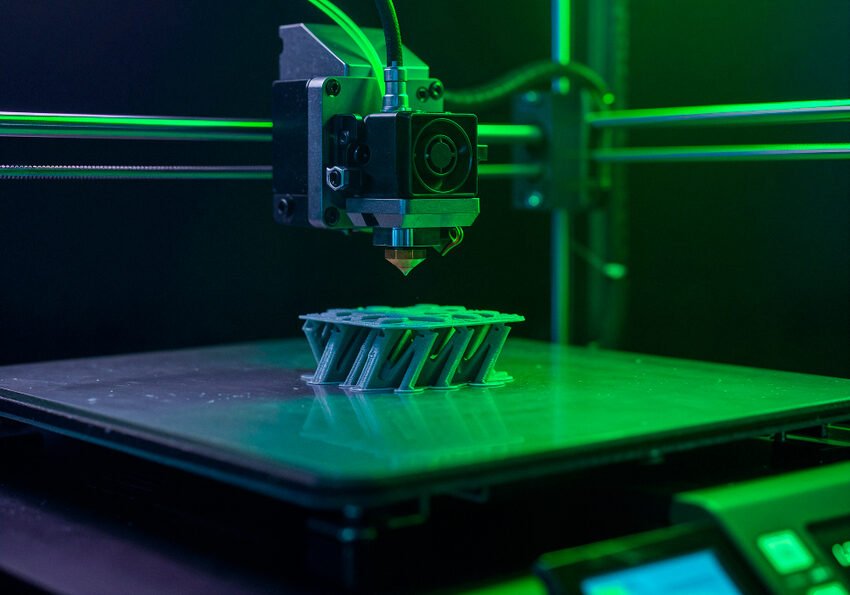The manufacturing industry is always changing, and lasers have emerged as one of the most versatile and transformative tools in high-tech production. From precision cutting to additive manufacturing, the integration of laser technology has enabled industries to achieve levels of accuracy, efficiency, and innovation that were once unimaginable. Keep reading to learn more about the role of lasers.
Precision Material Processing
One of the primary applications of lasers in production is material processing. Traditional mechanical tools often struggle with delicate or intricate work, especially when dealing with metals, ceramics, or composites. Lasers, however, can focus intense energy on extremely small areas, allowing for precise cutting, drilling, and engraving without causing significant thermal damage to surrounding material. This precision is particularly valuable in the aerospace, automotive, and electronics sectors, where even microscopic errors can compromise the integrity of a component.
Laser-Based Additive Manufacturing
Another significant role of lasers is in additive manufacturing, commonly known as 3D printing. Laser-based 3D printing techniques, such as selective laser sintering (SLS) and laser metal deposition (LMD), enable the creation of complex geometries that would be impossible with conventional methods. By fusing powdered materials layer by layer, lasers facilitate the production of lightweight, strong, and highly customized components. This capability has revolutionized industries like medical device manufacturing, where patient-specific implants and surgical tools can now be produced efficiently and reliably.
Quality Control and Measurement
Lasers also play a critical role in quality control and measurement within high-tech production. Laser-based metrology systems provide non-contact, high-resolution measurements that ensure components meet exact specifications. These systems can detect surface defects, dimensional deviations, and other irregularities at a microscopic scale, helping manufacturers maintain strict quality standards and reduce waste. In electronics manufacturing, for example, laser inspection systems can identify tiny defects in circuit boards before they become costly failures.
Automation and Flexibility
The flexibility and adaptability of laser systems further enhance their value in high-tech production. Modern lasers can be integrated with robotic arms and automated production lines, enabling continuous, high-speed operation with minimal human intervention. This combination of precision and automation reduces production times, improves consistency, and lowers operational costs. Moreover, the energy efficiency of laser systems contributes to more sustainable manufacturing practices, aligning with global efforts to reduce industrial carbon footprints.
Partnering with Laser Experts
For companies seeking to adopt or upgrade laser technology in their production processes, partnering with reputable suppliers is crucial. Experts in the field, such as optlasers.com, offer a range of laser solutions tailored to diverse industrial needs. From high-power industrial lasers to precision laser components, these providers support manufacturers in harnessing the full potential of laser technology.
Conclusion
In conclusion, lasers have become indispensable in high-tech production, enabling unprecedented precision, versatility, and efficiency. As industries continue to demand more complex and customized products, the role of lasers is expected to grow even further. By facilitating advanced material processing, additive manufacturing, quality control, and automation, lasers are not just tools; they are key drivers of innovation in the modern manufacturing world.
Read Dive is a leading technology blog focusing on different domains like Blockchain, AI, Chatbot, Fintech, Health Tech, Software Development and Testing. For guest blogging, please feel free to contact at readdive@gmail.com.





